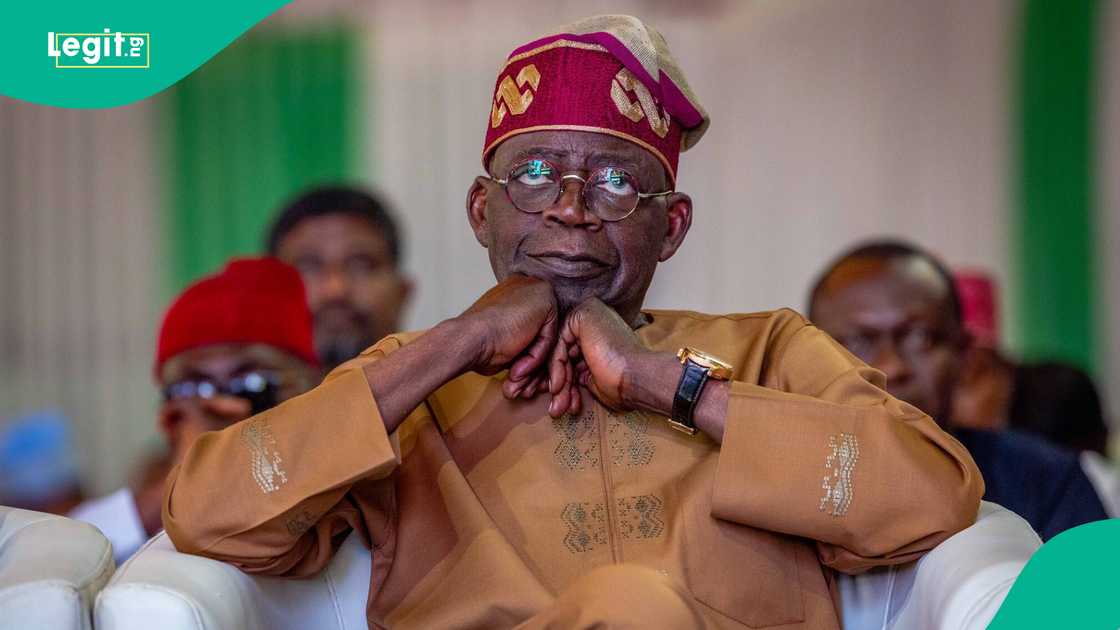Legit.ng journalist Zainab Iwayemi has 5-year-experience covering the Economy, Technology, and Capital Market.
As the second half of 2025 progresses, more and more African countries are facing problems due to their high debt obligations to the International Monetary Fund (IMF).
Even though IMF-supported initiatives are intended to stabilize the economy over time, they have occasionally resulted in painful austerity measures that incite popular unrest in nations like Ghana and Malawi.

Source: Getty Images
These monetary commitments, which were frequently made to close budget gaps, increase foreign reserves, or keep economies stable during severe crises, have now developed into serious dangers.
They endanger the continent's long-term budgetary stability, threaten economic sovereignty, and undermine the fundamental underpinnings of social progress.
Significant IMF debt is having far-reaching and indisputable effects, especially as global interest rates continue to rise and pressure on national finances remains constant. African nations can no longer afford to ignore or put off dealing with these pressing problems.
A nation with a large IMF debt is always subject to strict and frequently politically delicate policy requirements.
These mandates typically encompass a range of actions, including drastic budget cuts, the elimination of essential subsidies, currency devaluations, or comprehensive tax revisions.
Even though these requirements are usually intended to promote fiscal restraint and restore economic stability, they can sometimes prove to be quite unpopular at home, sparking social unrest and widespread public discontent.
Importantly, such mandated actions can significantly limit a government's independence and adaptability, even while their primary goal is to stabilize national economies.
Imposing strict requirements can hinder national leaders' ability to implement policies that might better reflect local social and economic realities, which could exacerbate already-existing issues.
According to the IMF's website, these ten African nations owe the most money to the organisation.
Business Insider Africa reported that the nations with the top 10 highest IMF credits on the continent in June have mostly remained unchanged from the list last month.

Source: Getty Images
| Rank | Country | Total IMF Credit Outstanding ($) |
| 1 | Egypt | 8,061,979,184 |
| 2 | Kenya | 3,022,009,900 |
| 3 | Angola | 2,750,091,673 |
| 4 | Ghana | 2,448,001,000 |
| 5 | Cote d'Ivoire | 2,559,783,708 |
| 6 | DRC | 1,789,100,000 |
| 7 | Ethiopia | 1,422,865,000 |
| 8 | Cameroon | 1,182,660,000 |
| 9 | Tanzania | 1,009,260,000 |
| 10 | Senegal | 1,003,723,612 |
Legit.ng reported that according to reports, domestic debt service cost for the year under review stood at N5.97 trillion, representing a 14.15% increase from N5.23 trillion in 2023.
The increase is due to higher interest rates and rising domestic borrowing.
Nigeria spent about $4.66 billion on external debt servicing, an increase of 167% from N2.57 trillion recorded in the previous year.
PAY ATTENTION: Сheck out news that is picked exactly for YOU ➡️ find the “Recommended for you” block on the home page and enjoy!
Source: Legit.ng












